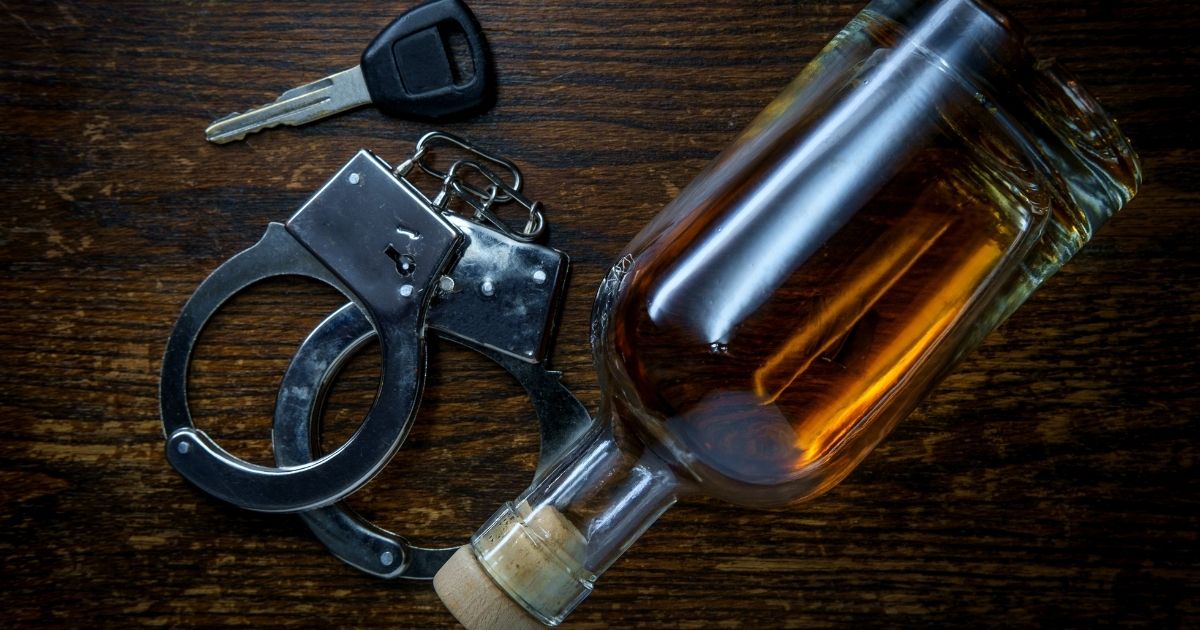When a drunk driver causes a serious car accident, that driver is typically held responsible for any injuries and property damage. However, under New Jersey’s Dram Shop and Social Host Liability laws, bars, restaurants, and even private individuals can be held partially liable if they served alcohol to a person who was visibly intoxicated or underage, and that person caused a crash.
If you or a loved one has been injured in a drunk driving accident involving a driver who was over-served at a bar, restaurant, or private gathering, a skilled car accident lawyer can help you pursue justice and financial compensation.
What Are New Jersey’s Dram Shop and Social Host Laws?
New Jersey’s Dram Shop Law (formally the Licensed Alcoholic Beverage Server Fair Liability Act) allows an injured party to hold alcohol-serving establishments liable if:
- They served alcohol to a visibly intoxicated person, or
- They served alcohol to a person under 21 years old,
- And that person later caused an accident or injury as a result of their intoxication.
New Jersey’s Social Host Liability Law applies in non-commercial settings (like house parties). Social hosts may be held liable if:
- They willfully and knowingly served alcohol to a visibly intoxicated guest, and
- That guest caused injuries or a drunk driving accident after leaving the event.
To succeed in these claims, the injured party must show that the injury was a “foreseeable consequence” of serving alcohol to the intoxicated person.
Key Legal Standards and Presumptions
New Jersey law sets legal presumptions related to Blood Alcohol Content (BAC):
- If the drunk driver had a BAC under 0.10%, social hosts are presumed not liable (irrebuttable presumption).
- If the BAC was between 0.10% and 0.15%, there is a rebuttable presumption against liability—meaning the host may still be found liable with additional proof.
- If the BAC was above 0.15%, there is no presumption protecting the server or host.
What Is “Proximate Cause” in a Dram Shop Case?
To hold an establishment liable, you must prove proximate cause—that their actions directly contributed to the accident. This means showing that over-serving the driver played a significant role in causing the crash.
Because most courts prioritize the driver’s personal responsibility, dram shop claims require solid evidence, such as:
- Eyewitnesses testifying that the person was visibly intoxicated.
- Surveillance footage.
- Excessive bar tabs or drink receipts.
- Employee testimony about lack of training or disregard for policy.
How Can I Prove a Bar or Host Was Negligent?
Your lawyer will help gather evidence to prove that the establishment or host acted recklessly. Useful evidence includes:
- Surveillance video showing over-service or erratic behavior.
- Witness accounts confirming visible intoxication.
- Receipts showing rapid or excessive alcohol sales.
- Proof of lack of staff training on responsible alcohol service.
- Driver’s age — if under 21, visible intoxication is not required for liability.
What Damages Can I Recover?
If you’re injured in a drunk driving accident, you may be entitled to compensation for:
- Medical Expenses: ER visits, surgeries, therapy, prescriptions, and long-term care.
- Lost Wages: For time missed at work or permanent loss of earning ability.
- Property Damage: Repair or replacement of your vehicle.
- Pain and Suffering: Physical and emotional distress, trauma, and loss of enjoyment.
- Punitive Damages: In extreme cases where the conduct was especially reckless.
Brick Car Accident Lawyers at Kitrick, McWeeney & Wells, LLC Can Help
If you or someone you love was injured in a drunk driving accident, the Brick car accident lawyers at Kitrick, McWeeney & Wells, LLC are here to help. We will review the facts of your case, investigate all liable parties—including bars, restaurants, or social hosts—and fight for the maximum compensation you deserve. Call 732-920-8383 or contact us online to schedule a free consultation.
We have offices in Manasquan and Brick, New Jersey, and we serve clients across the state.

